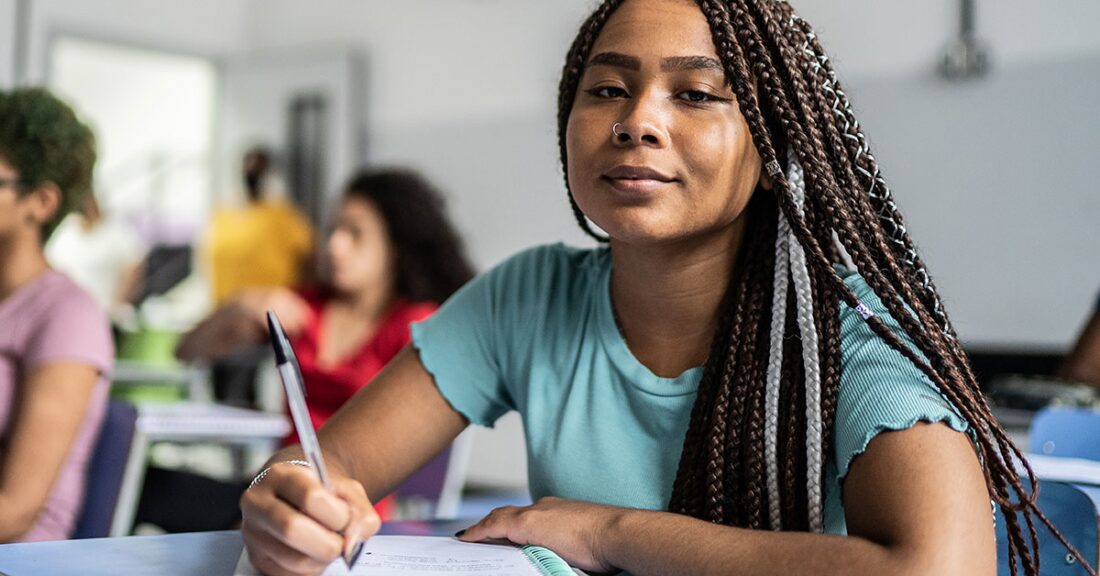1 in 10 Young Adults, 1 in 30 Kids Experience Homelessness Each Year
New Brief Calls Attention to Reality Affecting More Than 3 Million Young People

According to a research brief released today by the Annie E. Casey Foundation, 1 in 10 young adults (ages 18 to 25) and 1 in 30 children face homelessness over the course of a given year in the United States.
LGBTQ, Black and Hispanic youth and young adults are at greater risk for experiencing homelessness, the Foundation reports in “Preventing and Ending Youth Homelessness in America.” This brief is the first in a series highlighting challenges and opportunities facing older youth and young adults as part of the Annie E. Casey Foundation’s Thrive by 25® efforts, a set of investments focused on promoting basic needs, permanent connections, education and credentials, financial stability and youth leadership for young people.
Download “Preventing and Ending Youth Homelessness in America”
“Ending youth homelessness is possible,” says Scot Spencer, the Casey Foundation’s associate director of local policy. “We are releasing this brief to bring more attention to a crisis for millions of young people in America. The better we understand the scope of the crisis, the more effective our leaders can be in addressing it. These numbers reflect an urgent need for action.”
The brief notes that the lack of a unified definition of homelessness hampers data collection and sharing, but the extent of the issue is made clear by several statistics:
- Some 3.5 million young adults ages 18 to 25 and 700,000 youth ages 13 to 17 experience some form of homelessness — whether sleeping on the streets or in shelters or “couch surfing” — in a given year.
- U.S. public schools enrolled nearly 1.1 million students who were experiencing homelessness in grades pre‑K through 12 during the 2020–21 school year.
- LGBTQ youth have a 120% greater risk of homelessness than other youth, Black youth are at an 83% higher risk and nonwhite Hispanic youth have a 33% greater risk.
Youth experiencing homelessness on their own are more likely than peers to endure threats to their health, safety and well-being — from missing school and struggling with mental health issues to being assaulted, trafficked for sex or labor or resorting to crime for survival.
The Casey Foundation, a Baltimore-based, national foundation dedicated to ensuring a brighter future for America’s children, youth and families, has made eight recommendations for policymakers in the brief. They include targeting funding to meet basic needs, elevating youth voice and adding supports for youth involved in the child welfare and juvenile justice systems.





